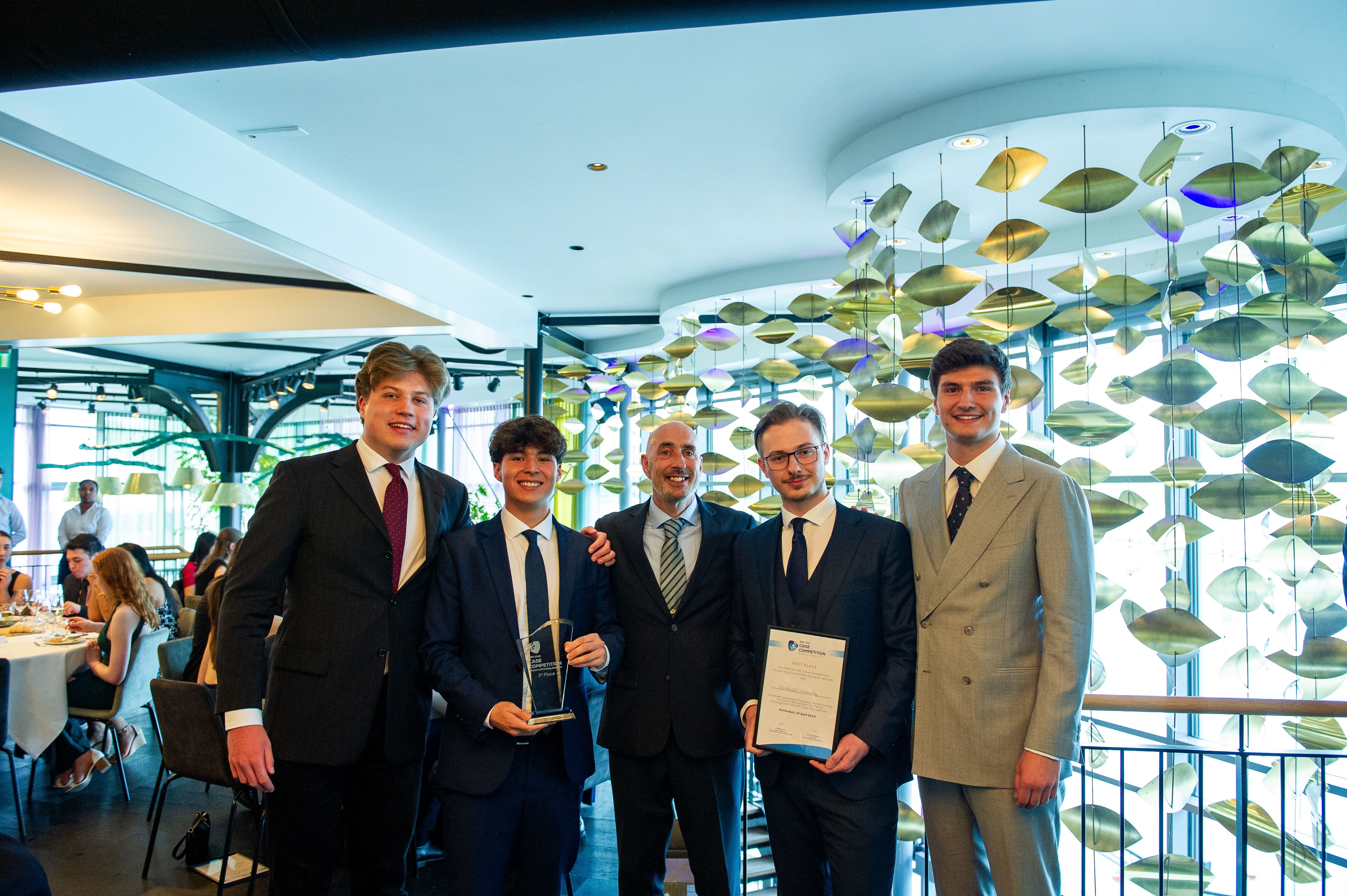Certain border workers may be ineligible for government support
To soften the economic blow of the COVID-19 crisis, the government has introduced a range of support measures. Researchers from ITEM, the Maastricht University institute that specialises in research on the effects of national and European legislation on the border region, compared the support offered to self-employed businesspeople by the Dutch, German and Belgian governments. They found that self-employed people who work in the Netherlands but live in Belgium or Germany are ineligible for support. Their advice: follow the Belgian model.
Two workers who now find themselves in dire straits, a chef and a dental hygienist, were recently interviewed by the regional newspaper De Limburger. He runs a restaurant in Maastricht and lives in Belgium, she has a practice in Elsloo and lives in Germany. Both have been forced to close their businesses and currently have no income. Yet they were ineligible for the income support benefit known by its Dutch abbreviation Tozo (Tijdelijke Overbruggingsregeling Zelfstandige Ondernemers).

This article is part of 'We're Open', a series of stories about the UM community’s many activities during the coronavirus pandemic.

“These people indeed fall outside the scope of the Tozo, a temporary monthly benefit”, says Pim Mertens, ITEM’s academic coordinator. “This is because of the simple fact that they don’t live in the Netherlands, which a strict requirement for claiming the Tozo. We conducted a comparative study to find out what support is available to workers in our neighbouring countries.”
Government support in the Netherlands, Belgium and Germany
In addition to a monthly benefit, the Belgian and Dutch support measures include a one-off compensation for self-employed people. “Belgium has a payout known as the hinderpremie”, explains ITEM researcher Ruben Tans. “This is mainly granted to companies with a physical location, like a clothing store, that has had to close due to the government measures. Interestingly, the payout in Wallonia is higher than in Flanders—€5000 and €4000 respectively. In the Netherlands, companies affected by the government measures are entitled to a one-off payment of €4000 under the Reimbursement for Entrepreneurs in Affected Sectors COVID-19 [Tegemoetkoming Ondernemers Getroffen Sectoren COVID-19, TOGS]. This scheme is intended for SMEs with or without staff in the hardest hit sectors, such as hospitality establishments, cultural institutions and sports centres, and recipients can spend the money however they see fit. Companies can also claim wage compensation for staff. In Germany, besides social security, there’s no additional monthly support. The government has combined income support and a one-off compensation into what’s known as the Soforthilfe. This scheme is available to both self-employed people and employers of companies with multiple employees, and can run as high as €25,000. In principle, the Soforthilfe is granted to companies that have their headquarters in a certain state and are registered with the German tax authorities.”
There is an important difference between the Belgian and Dutch monthly benefits: the Belgian scheme does not share the strict residence requirement of the Tozo. “Belgium’s bridging scheme [overbruggingsrecht] provides an income guarantee for people who are self-employed”, Mertens says. “Initially the requirement was that the self-employed person not only works but also lives in Belgium, but this condition has been dropped. The requirement now is that the person pays social-security contributions in Belgium.”
Falling through the cracks
The ITEM study shows that although the government’s support measures are aimed at all self-employed people, a number of these workers appear to fall through the cracks. “This contradicts the EU’s express advocacy of open borders for workers and entrepreneurs”, Tans says. “Consider a freelancer who does business exclusively in Germany but who doesn’t have an office there. This person creates value for Germany, but is ineligible for the Soforthilfe. Or take someone who is active in the Netherlands but lives just across the border—they’re not entitled to income support from the Tozo, despite paying social-security contributions and taxes in the Netherlands.” Mertens adds: “It’s at odds with the aim of European integration. The Dutch government has looked into the matter, but the proposed solution still doesn’t provide full coverage for this group of people.” Tamara van Ark, the State Secretary for Social Affairs and Employment, recently announced that self-employed people in the Netherlands who live outside the country will receive support for working capital. “This means cross-border cases won’t receive the full Tozo, but only a loan and not the monthly benefit”, Mertens says. “What’s more, it will make the scheme more difficult to implement.”
The advice: follow the Belgian model
To rectify the adverse effects of the Tozo, Tans and Mertens would like to propose an alternative solution. “It’s great that the Dutch, Belgian and German governments are digging deep to help self-employed people during this time of crisis. Unfortunately, the nationality, residence and work-location requirements mean that not all of them are getting the support they need. In our view, the best example is the Belgian approach, where the nationality and place of residence requirements have been replaced by the country in which social-security contributions are paid.”
Also read
-
Concentration problems. Troubles with planning. Quickly getting distracted. These are all familiar symptoms of ADHD. More and more UM students report ADHD problems to Disability Support. In what ways is ADHD getting in the way of studying? And how can you reduce ADHD symptoms during your studies? We...
-
SBE took first place in the Rotterdam School of Management Star Case Competition (RSMCC). The competition welcomed 16 top-level international business teams of four students, who were tasked with tackling two real-life business cases.
-
Alisa moved from Moscow to the Netherlands at 17 years old to become a first-year Regenerative Medicine and Technology (RMT) bachelor’s student. Turns out Alisa’s adventurous spirit pushes her to brand-new things, such as the RMT bachelor’s programme and her hobby Tribal Fusion dancing.


